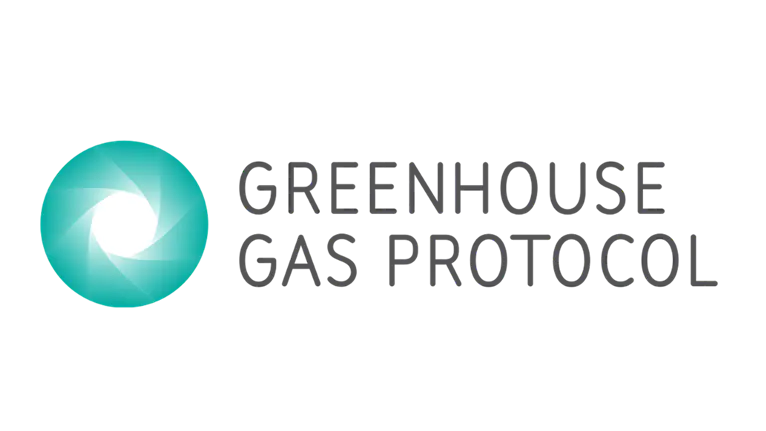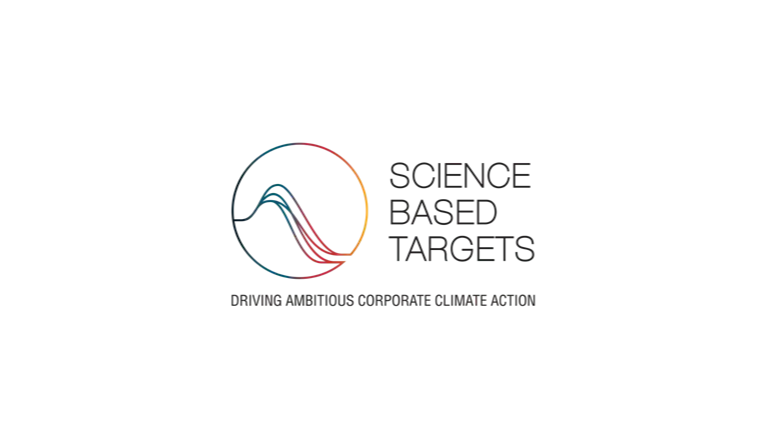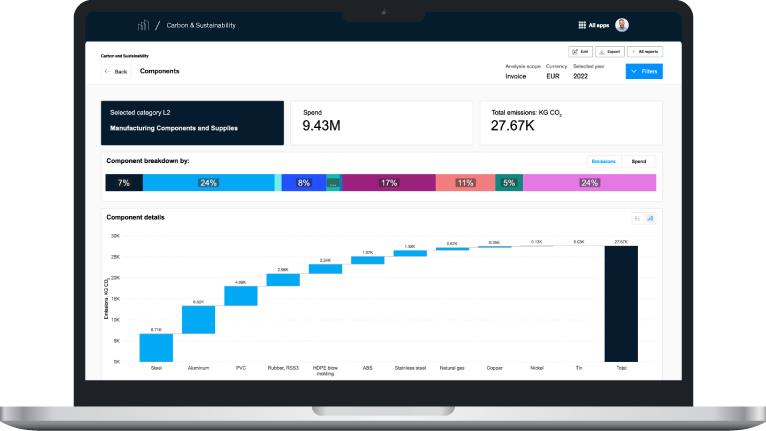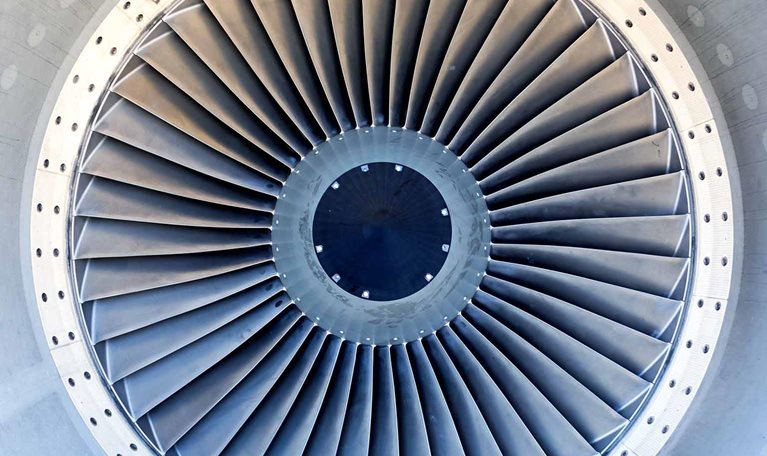On this page:
Certifications | How we support you | Capabilities | Benefits | Case Studies | FAQs |
Featured insights | McKinsey expertise | Connect with us
Now is the time for procurement to act. Shareholders, investors, and executives are requesting detailed information about CO2 footprints, and it has become mandatory to provide emission information as part of annual reporting directives such as CSRD and CSDDD, and in many RfQs and during supplier onboardings.
Spendscape’s carbon emissions reporting software enables you to transform spend reporting into a comprehensive knowledge base for sustainability. It facilitates the analysis and optimization of emission baselines and boosts impact beyond cost savings by integrating sustainability analytics data into reporting.
Create full carbon transparency
Leverage best-in-class reports
Refresh at any time
Continuous emission monitoring
Rapid spend-based carbon emissions reporting, analytics and transparency for entire procurement-induced emissions allows you to identify high-emission categories for refinement on consumption level or supplier level to embark on a holistic decarbonization journey.
Spendscape’s solution combines the benefits of a procurement analytics suite (Spendscape) and end-to-end sustainability solution (Catalyst Zero) to make Scope 3 emissions baselining simple, repeatable, and automated for mandatory emissions reporting.
Spendscape’s proprietary emission factors provide insight on material-specific emission drivers, for example furnace use in steel production allowing clients to quantify their decarbonization potential and cost to meet sustainability targets.












